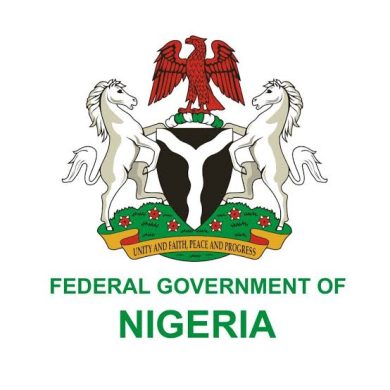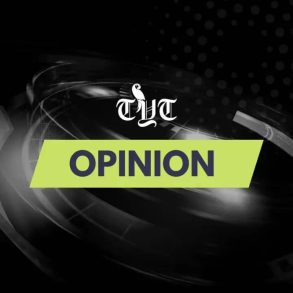The Federal Government has charged all stakeholders in the education sector to take protection of schools and educational facilities in the country as a shared responsibility and collective commitment to safeguard the future of Nigeria.
Minister of State for Education, Yusuf Sununu, made the call on Saturday in Abuja, during the commemoration of the 2023 International Day to Protect Education from Attack.
September 9th of every year is observed by the United Nations member states to highlight the issue of safeguarding education against acts of violence and disruption.
Sununu, also warned that stakeholders including security agencies should not ignore and allow the repeat of the attacks on education in Bornu, Adamawa and Yobe, the (BAY) states by insurgency, saying the attacks posed a grave challenge to education in the affected states.
The minister maintained that by working together, the nation could safeguard education by ensuring that every learner enjoyed their right to education in safe and secure environments.
He said: “The attacks on education have far-reaching consequences globally on learners’ school attendance, teachers’ stability, the quality of education, economic development and social progress.
“It creates an environment of fear, resulting in increased school dropout rates, diminished enrollment, and compromised educational quality.
“We are all aware that the security of students, teachers, and educational infrastructure is paramount for sustainable development in all climes.
“Within Nigeria, we cannot ignore the grave challenges posed to education in Bornu, Adamawa and Yobe (BAY) states due to insurgency.
“The heartbreaking attack on (Federal Government College) FGC, Buni-Yadı, Yabe State, the tragic massacre of 29 students on February 24, 2014, abductions of 276 Chibok girls in April 2014 and the kidnapping of 110 girls from 655, Dapchi in 2018 stand out as poignant examples of the ongoing crisis.
“It is imperative to note that attacks on education have far-reaching implications apart from disrupting the lives of students. It also affects the future development of our nation detrimentally.
“Accordingly, the Global Partnership to Protect Education from Attack (GPCEA) and the Inter-Agency Network on Education in Emergencies (INEE) based on research reiterated that the attacks on students, educators, and educational facilities cause significant harm to the educational ecosystem and socio-economic setbacks in the nation.
“Communities and families are often displaced thereby increasing the number of Adolescents and Young (AYP) people that are out-of-school, incessant cases of early unintended pregnancy, child marriage, gender-based violence, trauma and other vices also emerge,” he stated.
While restating the commitment of the current administration of President Bola Ahmed Tinubu to protect schools, teachers and learners across the country in its renewed hope agenda, the
minister, noted that the ministry was marking the occasion with the theme ‘Implementing Safe Schools Policy for all’ in order to sensitize relevant education stakeholders on the guidance for implementation of the policy.
He added that the occasion also served as a reminder of the critical need to raise awareness about attacks on learners, teachers, and educational institutions, particularly in regions affected by crisis and violence to promote the need to safeguard the right to education, which often faces severe disruptions due to ongoing violence and threats.
Sununu noted the Federal Government took two major initiatives namely, the endorsement of the Safe Schools Declaration (SSD) and the launching of the Safe Schools Initiative (SSI) in line with the Initiatives for Safe Learning Environments and Protection of Learners in furtherance of protecting education from attacks and ensure its continuity even in the face of adversity.
He disclosed that the Nigerian Security and Civil Defense Corps (NSCDC) and the Police had also developed their Standard Operating Procedures respectively in tandem with the SSD guidance which stresses the non-militarisation of educational spaces and ensuring the safety of students and staff during crises nationwide.






